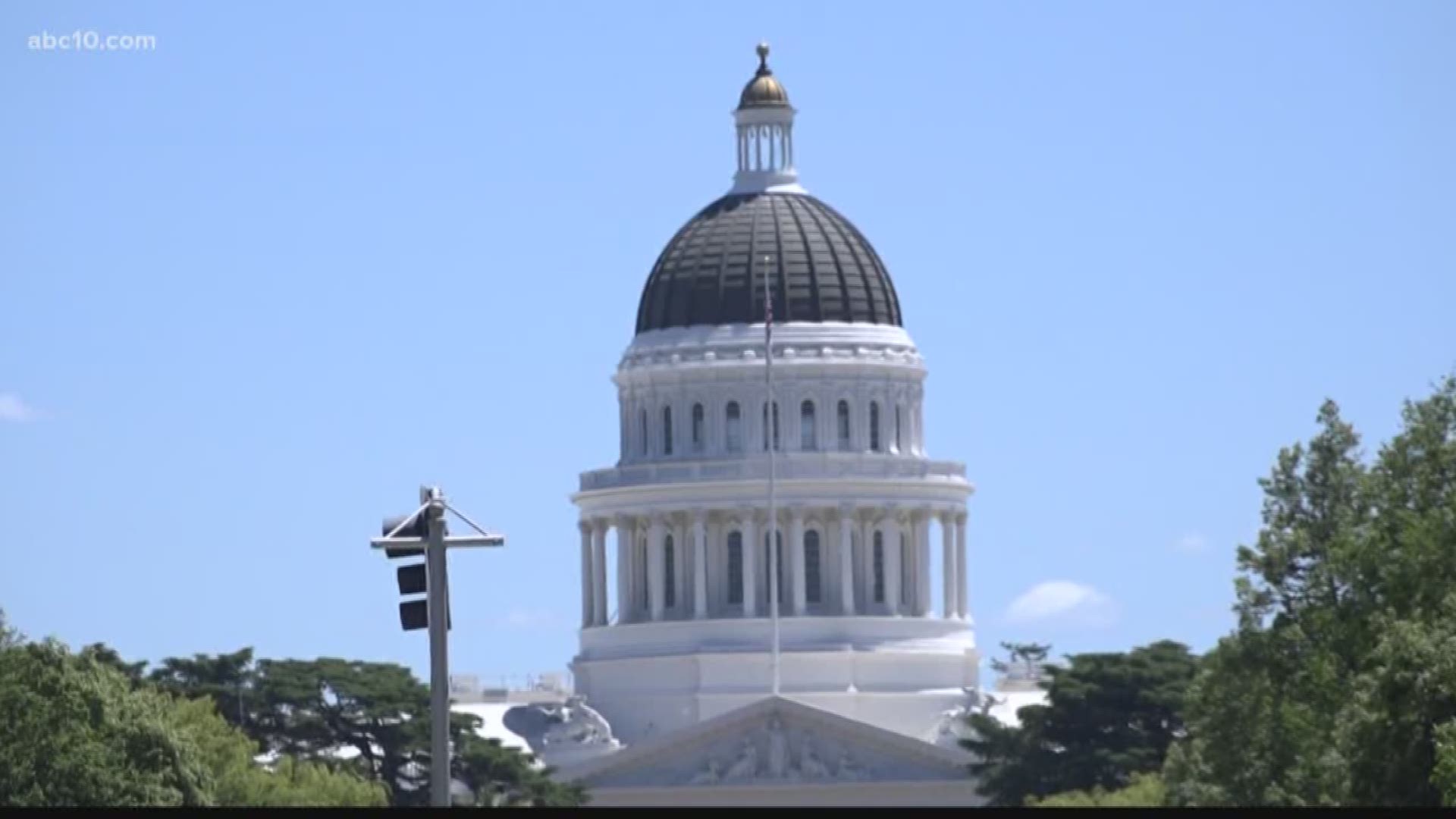A proposition to split California into three separate states which garnered more than 400,000 signatures is headed to the November ballot.
But this proposition raises a plethora of questions on legality, process, and more. So, I sat down with a legal expert Professor Mary-Beth Moylan at the University of the Pacific’s McGeorge School of Law to hammer out some answers.
Is It Legal For U.S. States To Split?
A: Yes, according to Article IV, Section 3 of the United States Constitution which allows Congress to combine, split, or add new states.
In fact, four states including Kentucky, Maine, Vermont, and most recently West Virginia in 1863 were admitted to the Union after breaking off from another state.
In 1859, California voters approved a measure to split the state between the North and South but Congress never acted and its boundaries remained the same.
The most recent admission happened nearly 60 years ago when Hawaii joined the union in 1959.
However, any changes would require both the consent of the state legislature or legislatures involved and of Congress.
Can California Voters Legally Decide If the State Splits?
No, Article 3 Section 2 of the California Constitution states that the boundaries of California are that of which were decided in 1849.
California voters can propose amendments to the constitution through the initiative process.
However, this would likely be seen by the courts as a major revision, a power left up to elected officials, so the ballot initiative could not be used.
The state legislature would need to both call a constitutional convention and pass the revision by a two-thirds vote.
If approved by the state legislature, it would then need to be approved by the U.S. Congress.
What Happens Next?
Professor Moylan believes this measure will be challenged in the courts and removed before ever making it to the ballot.
If it makes it and passes, she says it’s legality once again will surely be challenged. Passage of such a ballot measure would hold little to no legal power since the people hold no legal power in passing a constitutional amendment.
Since the state constitution only gives Californians the power to make laws through ballot measures, it’s possible the courts may not even allow the measure to reach the ballot.
If the measure were to reach the ballot and pass, however unlikely, it would again be challenged in the courts.

